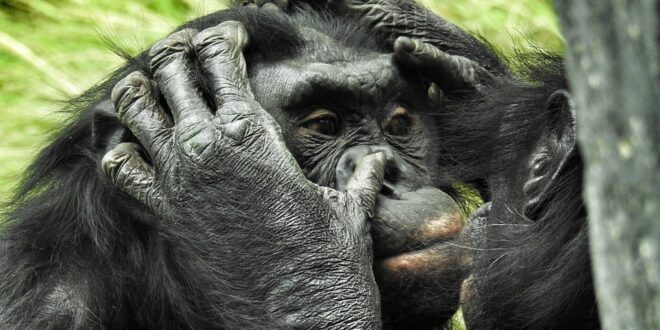The Wonders of the Animal Kingdom:
From incredible hunting techniques to peculiar mating rituals, the animal kingdom never fails to fascinate us with their astonishing behaviors. Below are the top 10 most incredible animal behaviors of nature:
-
Dolphin-Language
-
Butterflies Migration
-
Kangaroo Pouch
-
Gibbons’ Singing
-
Penguin Proposals
-
White-Nose Syndrome
-
Octopus Intelligence
-
Chimpanzee Tool-Use
-
Cheetah Speed
-
Elephant Mourning
Did you know that dolphins have their own language? Dolphins communicate with sophisticated clicks and whistles that tell each other important information. Scientists are trying their best to learn their languages!
The annual migration of the monarch butterfly is one of the most beautiful natural events in the world. Every year, over a thousand million of these delicate creatures migrate thousands of miles from Canada to Mexico to seek food and shelter during colder months.
Most people know of the magnificent kangaroo, but not everyone knows about the pouch. Kangaroo mothers carry their babies mostly in their pouch, along with it’s food supply and strong security.
Gibbons are the loudest of all animals in the forest, with songs volume ranging between 8-10 times louder than rock concerts! They use their songs to communicate through long distances, to express their love, and to lead others to food sources.
The way in which penguins propose to their partners is quite remarkable. They do so by finding the perfect pebble for their mate, delivering it and waiting for their answer. Penguins are known for their loyal relationships and remain monogamous throughout their partnership.
One of the alarming wildlife behaviors happening today is the White-Nose Syndrome plaguing bats in North America. Some scientists discovered that this syndrome might be due to unusual hibernation behavior of bats where they wake and use up valuable food reserves, which causes illness and death.
The octopus is not like any other sea creature. It has above-average intelligence and demonstrates attributes commonly seen in humans, like problem-solving, playfulness, and finding food. They’re known to entertain themselves by playing jet games and stealing objects nearby.
Described as human’s nearest living animal relatives, chimpanzees are the most intelligent non-human animal; they excel in tool use, body language communication, and negotiations.
Cheetahs are the fastest mammals that roam- they run at a speed that is 3 times faster than humans. And did you know, their energy-cooling tail makes it possible for them to avoid overheating when they run fast under the African sun?
Elephants share close-knit relationships between themselves, and their remarkable mournfulness is distinguished when one member of the herd dies, and every other paces over the dead one, trumpeting and mourning in deep sadness for hours, even days.
As we can see from some of the examples provided above, the natural world can often reveal behaviors that go beyond what we expect. From elaborate pack dynamics to simple and cute methods of communication, animals teach us about the complexity and significance of biodiversity in keeping the globe’s natural fabric alive.
 Mind Uncharted Explore. Discover. Learn.
Mind Uncharted Explore. Discover. Learn.




